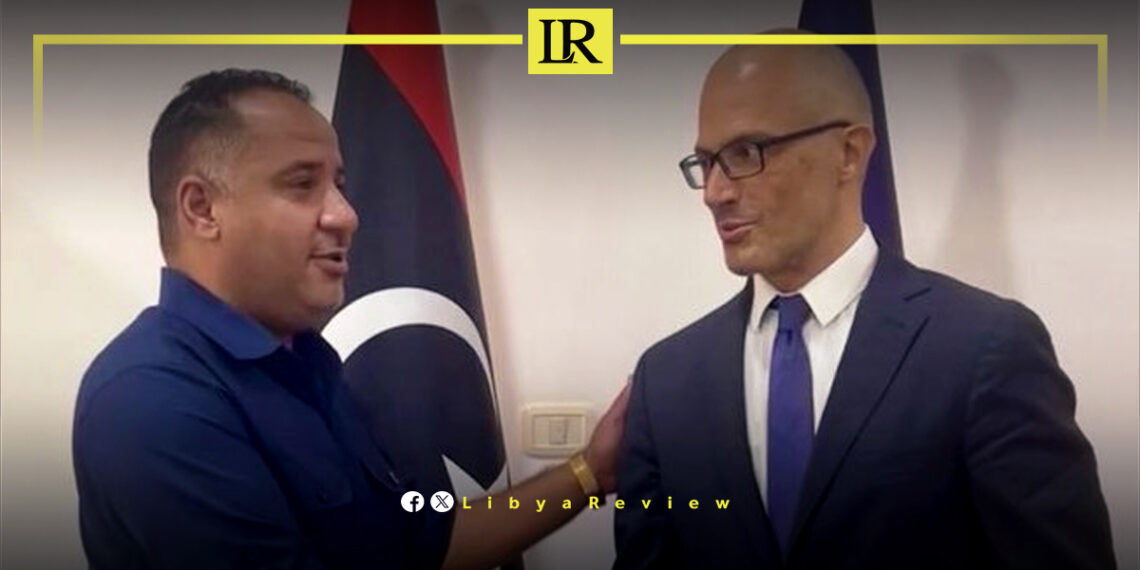On Monday, Libya and the European Union strengthened efforts to facilitate the voluntary return of migrants to their home countries. During a high-level meeting, Major General Mohammed Al-Marhani, head of Libya’s Border Guard Authority, met with Nicola Orlando, the EU’s Head of Mission to Libya, to discuss strategies for managing migration flows and enhancing border security.
The discussion focused on joint efforts to combat human trafficking networks and build Libya’s capacity to secure its borders. Libya, with its long coastline and vast desert borders, remains a key transit point for migrants seeking entry to Europe, making cooperation with the EU crucial to control irregular migration.
The meeting also emphasized Libya’s role in facilitating voluntary repatriation programs, aiming to ensure the safe and humane return of migrants to their countries of origin. These efforts align with international protocols and Libya’s national migration strategy, which seeks to balance humanitarian obligations with security priorities.
Libya’s Ministry of Interior announced plans to launch a large-scale security campaign targeting irregular migration. The campaign will begin in Tripoli and later expand to cities and regions across the country. It aims to deport undocumented migrants in coordination with their home countries and ensure compliance with Libya’s migration regulations.
This campaign forms part of Libya’s broader efforts to regain control over migration flows and address both domestic and international concerns about border management. Libya has faced increasing pressure from European countries to limit migrant crossings across the Mediterranean. The voluntary return program, supported by international partners such as the International Organization for Migration (IOM), reflects a shift toward sustainable migration solutions.
Both parties acknowledged the need for close cooperation between Libya and the EU to curb irregular migration and disrupt human trafficking networks operating within the region. Libya’s ongoing political instability and border challenges require sustained logistical and financial support from the EU to achieve effective results.


